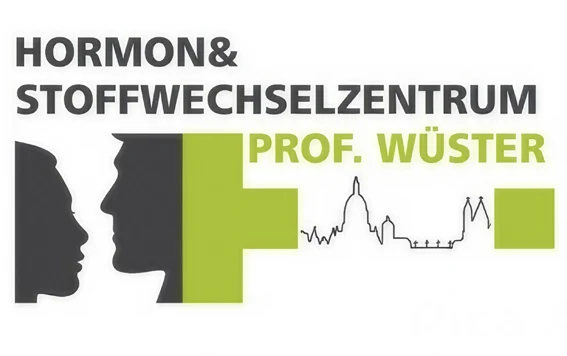What is Hashimoto?
Endocrinologist for Darmstadt explains Specialist for Darmstadt on symptoms and treatment for Hashimoto
DARMSTADT – Hashimoto’s thyroid disease is not that rare: Around two per cent of the adult population are affected, women about ten times more frequently than men. Prof Dr med Dr h.c. Christian Wüster is an endocrinologist and therefore the contact person for sufferers in the Darmstadt area. He explains: ‘Hashimoto’s is an autoimmune disease. Put simply, the immune system attacks the body’s own thyroid tissue. This leads to chronic inflammation and subsequently to hypothyroidism because the organ can no longer fulfil its function properly.’ The causes of the disease are not fully understood scientifically. In addition to a genetic predisposition, chronic infections, hormone fluctuations and an unhealthy lifestyle are also being discussed.
Thyroid doctor for Darmstadt describes signs of Hashimoto’s disease
The thyroid inflammation itself is usually painless. The disease usually only becomes noticeable through the symptoms of hypothyroidism. ‘Those affected often suffer from a general lack of drive, feel tired and physically weak,’ explains Prof Dr Christian Wüster. ‘It is also typical to feel cold easily and put on weight.
Women may also experience an irregular menstrual cycle. Many sufferers have difficulties getting pregnant.’ As the specialist emphasises, the course of the disease can vary greatly from person to person. This often makes it difficult to diagnose the disease correctly. Anyone who suspects that something is wrong with their thyroid gland should therefore definitely consult a specialised endocrinologist.
Hashimoto’s cannot be cured, but it can be treated well, emphasises specialist for Darmstadt
At Prof Dr Wüster’s specialist practice, patients are first asked detailed questions about their symptoms. The doctor then carries out a blood test. ‘This determines the concentration of the thyroid hormones T3 and T4 as well as the TSH value. Antibodies against certain thyroid proteins can also provide information about Hashimoto’s disease,’ explains the endocrinologist. If the suspicion is confirmed, the doctor will draw up a personalised treatment plan. Although there is currently no cure for Hashimoto’s, there are effective medications to compensate for hypothyroidism.

